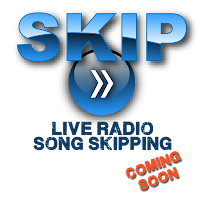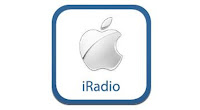Now comes an interesting new bundle that's not exactly an album or movie, but more of a combination of music, video, flyer and store. And it's all built into the same file. The only potential problem is that it's from the service that most creatives love to hate - BitTorrent.
Basically the BitTorrent Bundle is a file that acts as a graphic, telling you anything an advert normally would, but the other pieces can be unbundled as the user buys in. For instance, Ultra, the label that brought you such EDM artists as David Guetta, Tiesto, deadmau5, and Calvin Harris, is trying the new bundle with Kaskade.
The bundle acts as a virtual flyer over social media, and if someone subscribes to his mailing list they then unlock behind-the-scenes footage. Want to buy some music - it's already there. Make a donation, and see some video. It's all up to how to configure it.
The music business needs a new concept in bundling and potentially this could be it. The big problem, of course, is that it's from BitTorrent, which the industry (not to mention artists and songwriters) view it as a bastion for piracy. That said, they do have 170 million active users that you can immediately access.
The Ultra BitTorrent Bundle is a first alpha release, so we don't know what the bugs are yet, but on the surface it's a great concept. Check out this video for more info.
----------------------------------
Help support this blog. Any purchases made through our Amazon links help support this website with no cost to you.
Interested in the Music 3.0 archives? Buy The Music 3.0 Guide To Social Media for the best of over 800 posts.
You should follow me on Twitter for daily news and updates on production and the music business.
You should follow me on Twitter for daily news and updates on production and the music business.
Check out my Big Picture blog for discussion on common music, engineering and production tips and tricks.










